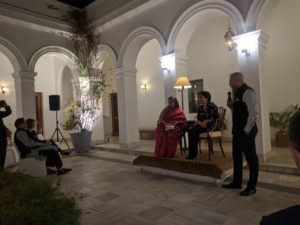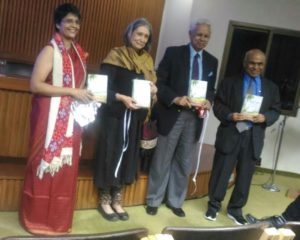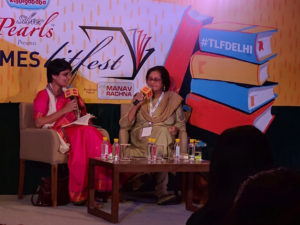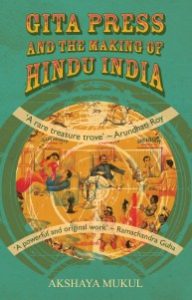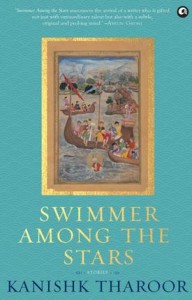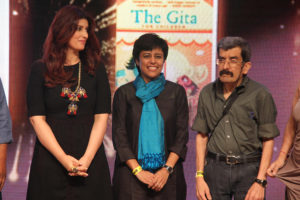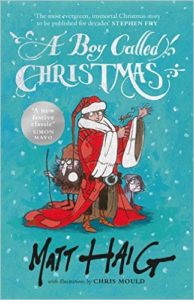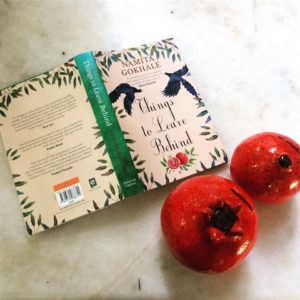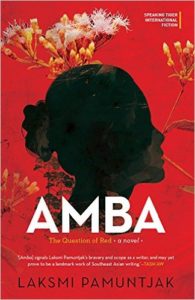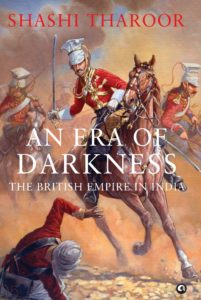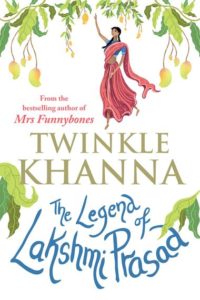The JCB Prize for Literature
Recently the Rs 25 lakh JCB Prize for Literature was announced. It is not the first literary prize in India nor is it the first of such a large value. Before this the DSC Prize for South Asian Literature offered a cash prize of $50,000 which was drastically cut by 50% to $25,000 in 2017. The generous JCB Prize will focus on a distinguished work of fiction and consider translations too. Self-published works will not be eligible. Authors must be Indian citizens. The longlist of ten will be announced in September, and a shortlist of five in October, with the winner to be declared at an awards ceremony on November 3. Each shortlisted author will receive Rs 1 lakh ($1500). The winning author will receive a further Rs 25 lakhs (approx. $38000). An additional Rs 5 lakhs ($7700) will be awarded to the translator if the winning work is a translation.
The Literary Director is award-winning author Rana Dasgupta. The advisory council consists of businessman Tarun Das (Chairperson), Rana Dasgupta, art historian Pheroza Godrej, award winning writer Amitava Ghosh and academic and translator Prof. Harish Trivedi. The jury for 2018 consists of filmmaker Deepa Mehta (Chairperson), novelist and playwright Vivek Shanbhag, translator  Arshia Sattar, entrepreneur and scholar Rohan Murty, and theoretical astrophysicist and author Priyanka Natarajan.
Arshia Sattar, entrepreneur and scholar Rohan Murty, and theoretical astrophysicist and author Priyanka Natarajan.
To formally announce the prize an elegant launch was organised at The Imperial, New Delhi on 4 April 2018 where the who’s who of the literary world gathered. It was by invitation only. Those who spoke at the event were Lord Bramford, Chairman, JCB, and Rana Dasgupta, Literary Director. Lord Bramford spoke of the fond memories he had of his travels through India in the 1960s. Rana Dasgupta underlined the fact that most of the prestigious literary awards are not always open to Indian writers and especially not for translations, a gap that the JCB Prize wishes to address. He also announced a tie-up with the Jaipur Literature Festival (details to be announced later). In fact, all three directors of JLF were present – Namita Gokhale, William Dalrymple and Sanjoy Roy.

Namita Gokhale, writer and publisher; Rajni Malhotra, books division head, Bahrisons with Jaya Bhattacharji Rose, International publishing consultant
Literary awards are very welcome for they always have an impact. They help sell books, authors are “discovered” by readers and the prize money offers financial assistance to a writer. Prizes also influence publishers’ commissioning strategies. The biggest prize in terms of its impact factor are the two prizes organised by the Man Booker – for fiction and translation.
Recognising the importance of financial security for a writer Lord Bramford told the Indian Express “Money often is a good motivator…Creative people like writers or artists often don’t get much reward. And we wanted to reward them.” This is borne out by award-winning writer Sarah Perry who wrote in The Guardian recently about winning the East Anglian book of the year award in 2014, it gave her not only legitimacy for her work but enabled her to afford a better computer to write upon; she “felt suddenly at ease. … I felt like an apprentice carpenter given the tools of the trade by a benevolent guild.” Poet and novelist Jeet Thayil too echoed similar feelings on stage when he won the $50,000 DSC Prize in 2013 for Narcopolis. Just as novelist Jerry Pinto did when he won the 2016 Windham-Campbell Prize of $150,000.

Ira Pande, editor and translator; Diya Kar, publisher, HarperCollins India with professor Harish Trivedi, member, Advisory Council, The JCB Prize for Literature

Lord Bamford, Chairman of JCB; Neelima Adhar, poet and novelist, Arvind Mewar, 76th custodian of Mewar dynasty
The JCB Prize for Literature is a tremendous initiative! It will undoubtedly impact the Indian publishing ecosystem. If publishers do not have eligible entries to send immediately particularly in the translation category, they will commission new titles. The domino effect this action will be of discovering “new” literature in translation and encouraging literary fiction by Indian writers, which for now is dwindling. By making literature available in English and giving it prominence there has to be a positive spin-off especially in terms of increased rights sales across book territories and greater visibility for the authors and translators.
( Pictures used with permission of the JCB Prize for Literature)
3 May 2018








